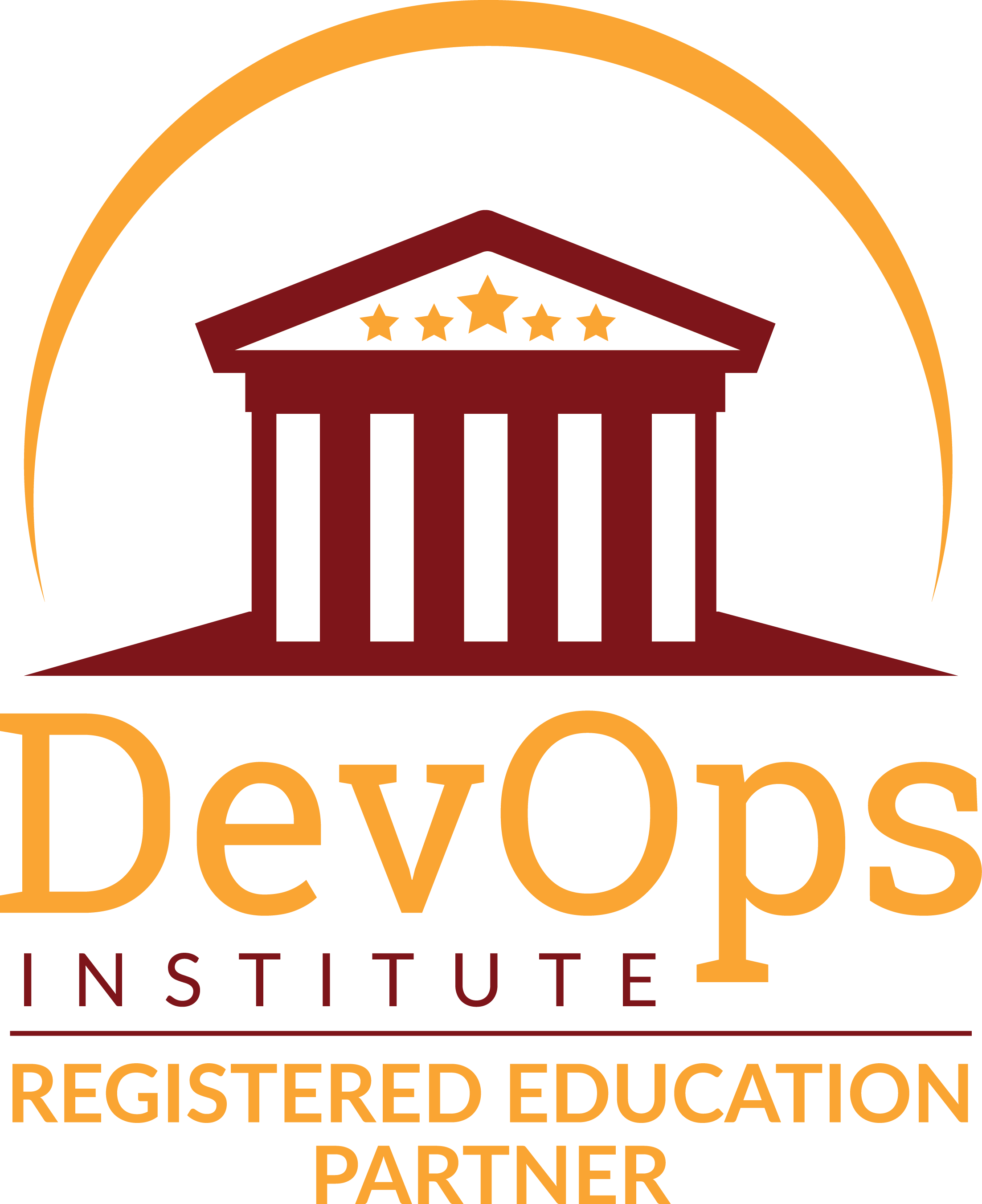Site Reliability Engineering Practitioner(SREP) Certification Program- Virtual classroom
Event Information
Site Reliability Engineering (SRE) Practitioner
Tailored to help you create reliable software systems
Course Duration - 24 Hours
OVERVIEW
The SRE (Site Reliability Engineering) Practitioner is an advanced course that goes in-depth on the principles and practices that enable an organization to scale IT services reliably and securely. Introducing a site-reliability dimension requires organizational re-alignment, a new focus on engineering and automation, and the adoption of a range of new working paradigms for Operations like having a design and Build approach compared to the Operate and Maintain approach currently practiced. SRE is about collaboration and breaking down the silos across Dev and Ops.
[SREP does not stand alone. It works with DevOps and Lean, IT Service Management and Agile]
COURSE OBJECTIVES
Site Reliability Engineering Practitioner
The course is specifically created to help practitioners have more in-depth knowledge of the various activities of SREs and help them implement SRE in their organization or make them improve in their current SRE initiative.
This course positions learners to successfully complete the SRE Practitioner certification exam. The pre-requisite for this course is to complete the SRE Foundation Certification
SREP requires automation. The following can be areas of automation driven by SREP
– Infrastructure as Code/Configuration as Code
– Automated Functional and Non-Functional testing in production
– Only Versioned and Signed artifacts are deployed
– Helps in future growth planning easier
– Anti-fragility and Chaos Engineering
1.2
SREP Course Outline
Course Introduction
Course Goals Course Agenda
Day 1
Module 1: SRE Anti-patterns
Module 2: How do you make SLO the proxy for your customer
Module 3: Building Security and Reliability in your services
Day 2
Module 4: How do you implement full-stack observability in your product?
Module 5: How do you enhance operational resilience using DataOps and AI Ops?
Module 6: SRE & Incident Response Management
Day 3
Module 7: How to practice practical Chaos Engineering?
Module 8: Implementing SRE as the purest form of DevOps
OBJECTIVES AND BENEFITS
2.1
Course Objectives
The learning objectives for the SRE Practitioner course include a practical understanding of:
SRE Anti-patterns
How do you make SLO the proxy for your customers?
Building Security and Reliability in your services
How do you implement full-stack Observability in your product?
How do you enhance operational Resilience using DataOps and AIOps?
SRE and Incident Response Management
How to practice practical Chaos Engineering
Implementing SRE as the purest form of DevOps
2.2
Understand the Benefits of Learning SREP
Gain the benefits of upskilling SRE Practitioner:
Have a better knowledge of practical implementation of SRE culture
Establishing observability and intelligence in operations
Creating services for better security and reliability
Developing fault-tolerant dispersed ecosystems which can be analysed for disaster risks
Know about the wider skills-based capabilities that support the most recent in automation
Executing SRE and DevOps in the right way leading to greater business value.
SREP Course Features
24-hours [3 Days] of Virtual Instructor Led training
Batch Type: Weekdays and Weekends
Assignments: Participation in unique exercises designed to apply concepts
Real-life Case Studies: Real-life examples and results. Access to additional sources of information and communities.
Examinations: It can be taken in a classroom with an instructor or with an online proctor at a date and time convenient to the learner.
Pre-requisite for SREP: Complete the SRE Foundation Certification
Exam Type: 40 Multiple choice questions
Duration: 90 minutes
Delivery: Online or invigilated in person
Badge: SRE Foundation Certified.
Online proctored by Xellentro for individuals and paper based for corporate batches
3.2
Site Reliability Engineering (SRE) Practitioner
SRE Practitioner Certification
Successfully passing the 90-minute examination, consisting of 40 multiple choice questions, leads to the SRE (Site Reliability Engineering) Practitioner certificate. The certification is governed and maintained by the DevOps Institute.
TARGET AUDIENCE
Anyone starting or leading a move towards increased reliability
Anyone interested in modern IT leadership and organizational change approaches
Business Managers
IT Operations Managers
Site Reliability Engineers
Consultants
IT Directors
IT Managers
IT Team Leaders
Product Owners
Scrum Masters
Software Engineers
DevOps Practitioners
System Integrators
Tool Providers
Coaches
Niladri Choudhuri
Founder & CEO of Xellentro, ATO Working Group Member – Asia at AXELOS Global Best Practice

Niladri has 27 years of IT consulting and training experience across a range of verticals and technology. He has strong experience in managing large global projects and programs setting up from scratch various practices for BI/DW, Project Portfolio Management, etc.
He has been providing training and consulting to large organizations across the world on Project Management, Portfolio Management, Agile, DevOps, IT Service Management, etc.
He is the first person to be DevOps Test Engineer Certified and Accredited by DevOps Institute in India and second in the world.
He is also accredited by G2G3 for their DevOps Simulation.
Prior to his entrepreneurial start with Xellentro, Niladri worked with Satyam, PwC, ITC Infotech, etc.,in various capacities. His last assignment was with Satyam as Practice Leader for Portfolio, Program and Project Management Practice.
Full Profile | LinkedIn Profile
Training Provider
Registered Education Partner


Townhall Learn More

